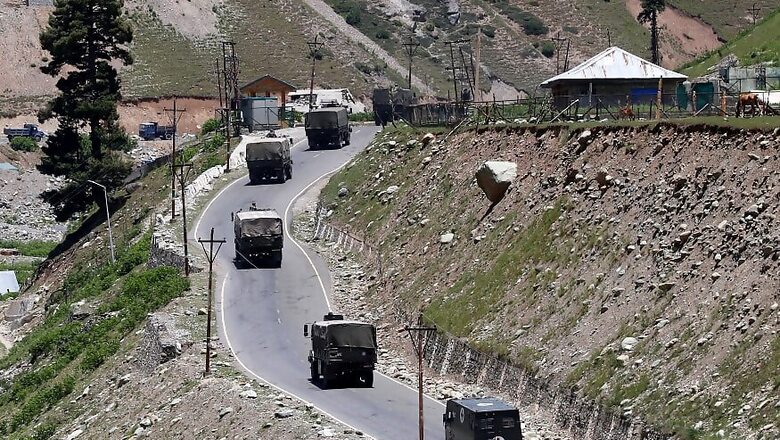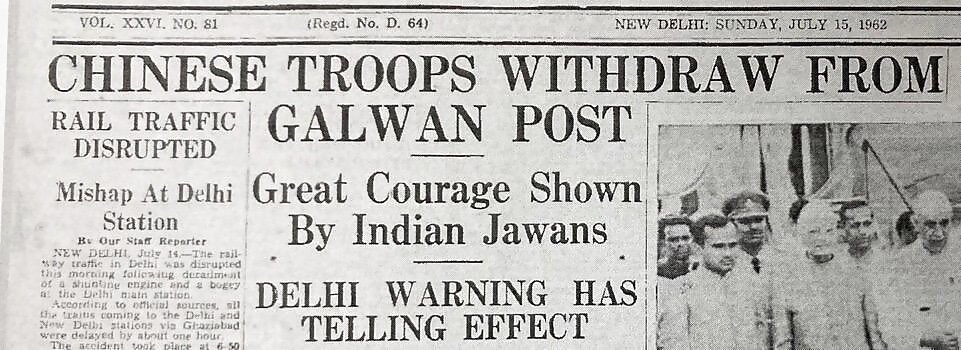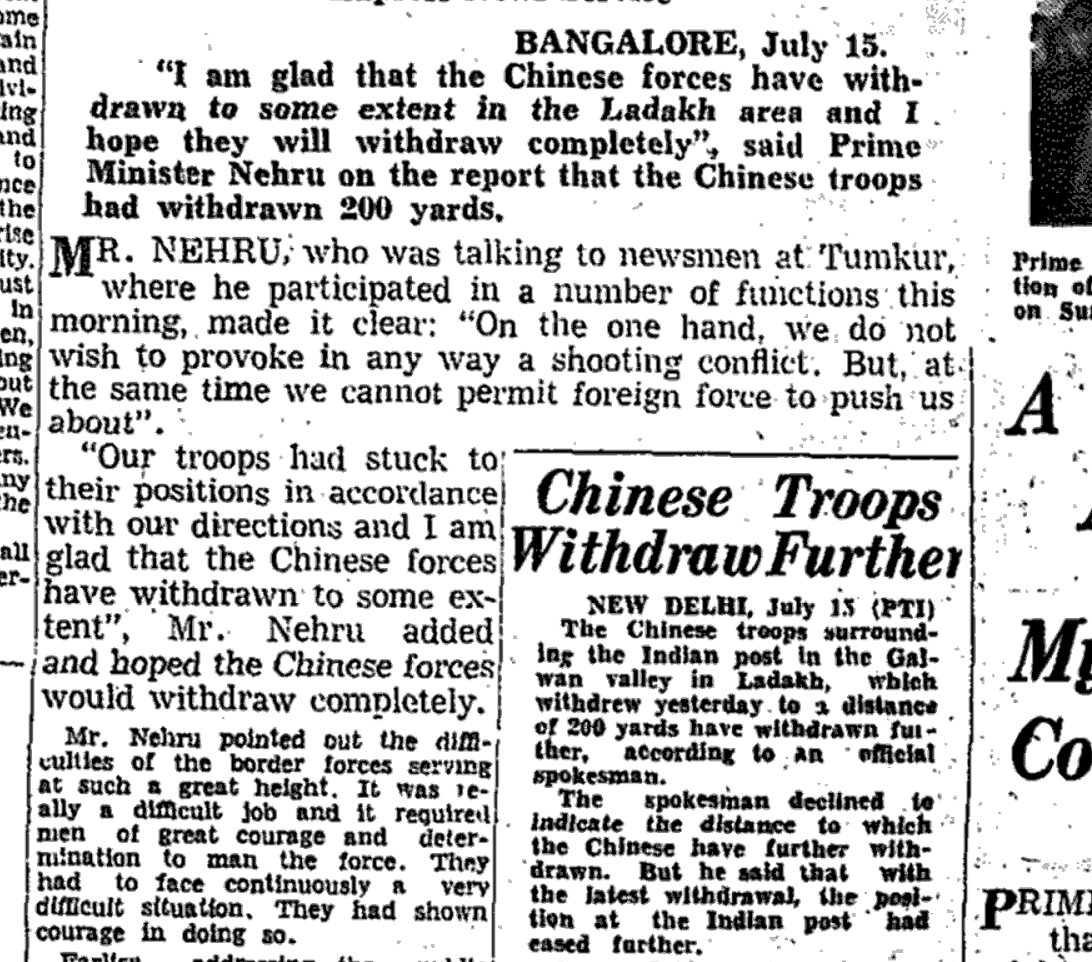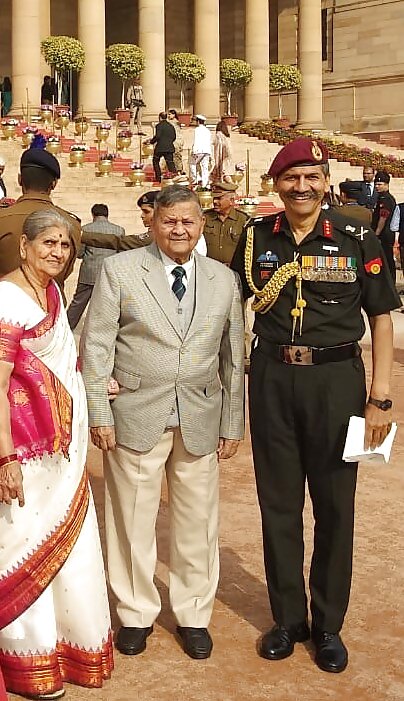
views
A newspaper headline from July 15, 1962 that reads, 'Chinese Troops Withdraw from Galwan Post’ is going viral in July 2020 as a cautionary tale against the chest thumping over limited de escalation at Galwan Valley.
The Army has been reluctant to put out any details of the disengagement at Galwan Valley. They say it is more of an exercise to put some physical distance between Indian and Chinese troops to avoid a flare up.
'These are Baby steps and we need to remain cautious. The Chinese cannot be trusted.'
The reason for this caution is the headline from the Sunday paper of Times of India from July 15, 1962 because exactly 96 days later on Oct 20 the Sino-Indian war had started. The trigger was Galwan.

Here is what had happened.
In the early summer of '62 India had fortified the Galwan Valley and deployed the fierce Gorkhas in the upper reaches. On July 6, a Chinese military platoon spotted the Gorkhas entrenched in the area and reported back to their headquarters. Four days later, 300 Chinese troops had surrounded the 1/8 Gorkha Regiment.
On July 15, newspaper reports claimed the Chinese had withdrawn 200 meters from the Galwan Post. But the 'withdrawal' was short-lived and the Chinese came back.

For the next three months as India and China exchanged protest letters, the Gorkhas under the leadership of Naik Subedar Jung Bahadur held their ground and became legends in the annals of India's military history.
By early October, as the winter set in and temperatures plummeted to sub zero temperatures, the then Prime Minister Jawaharlal Nehru decided to de induct the Gorkhas and send in 5 Jats Alpa Company under Major S S Hasabnis. Mi-4 helicopters started making sorties from the 4th of October and the process was complete in the next few days.
On October 20 1962, the Chinese opened fire at the Galwan Post and killed 36 Indian Soldiers. Major Hasabnis was captured. The 1962 war had officially begun. Major Hasabnis spent seven months in a POW camp and was returned once the war ended.
Incidentally, his son Lt Gen Hasabnis is now the Deputy Chief of Army Staff.

Army officers are pointing to the Headline from 1962 to explain why they are being cautious of the current 'disengagement'.
As they say, those who don't know history are destined to repeat it.


















Comments
0 comment